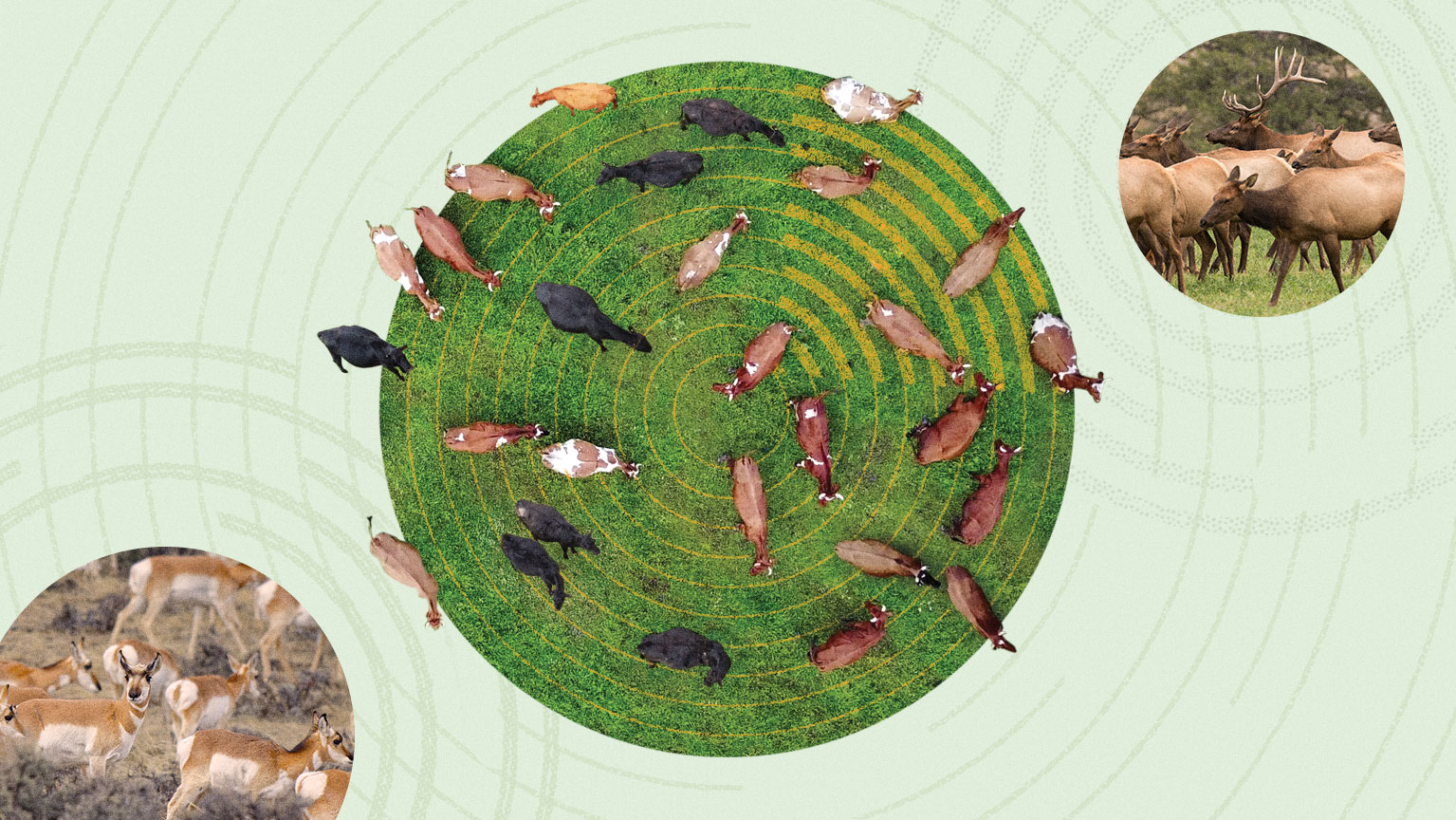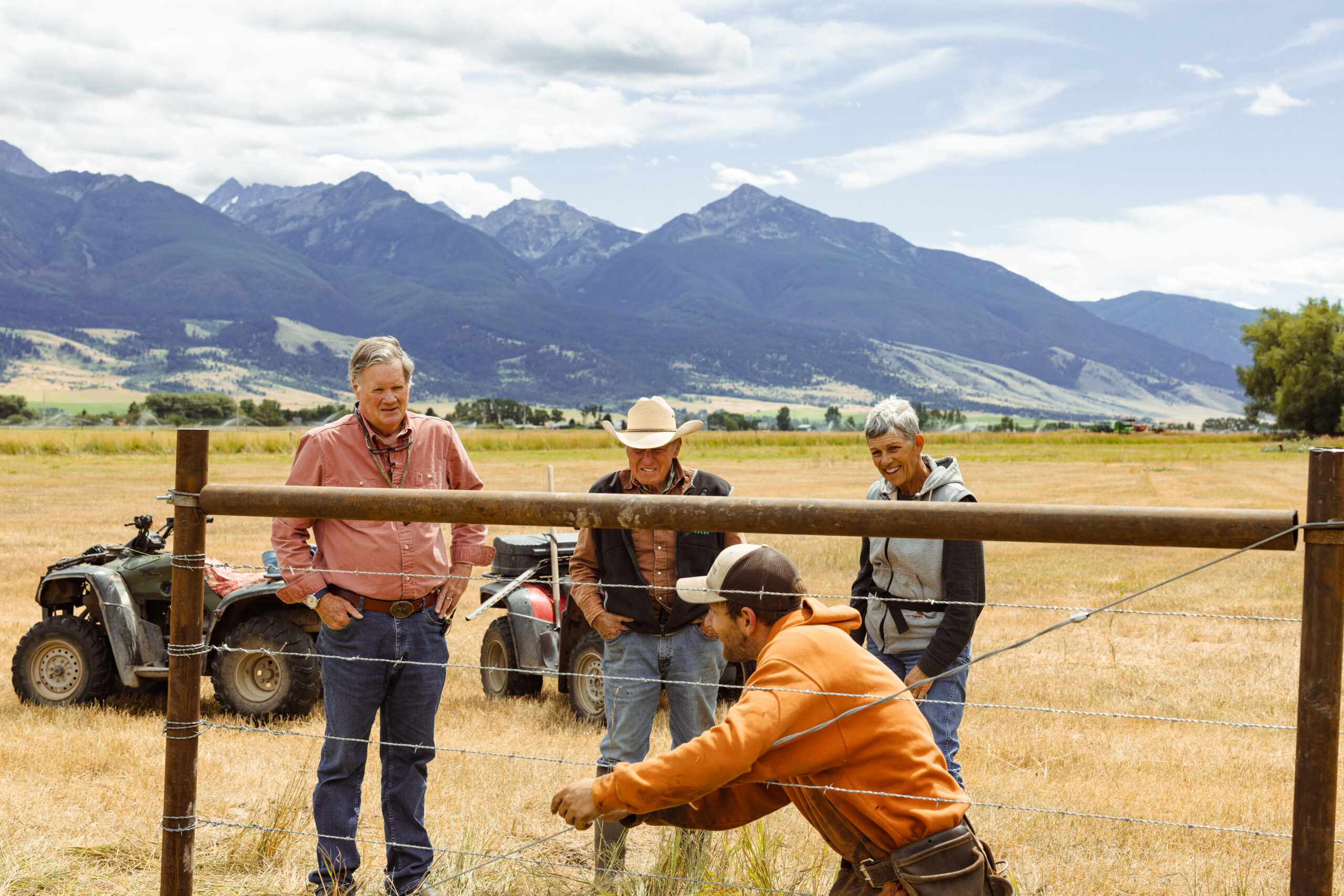RS-01-1: 2001
By Stuart Buck and David Gerard
Executive Summary


Since the California gold rush in the middle of the 19th century, hardrock mining has produced hundreds of billions of dollars’ worth of gold, silver, copper, lead, and other minerals. One unfortunate legacy of this production is the presence of many abandoned mines around the West. Some of these sites are causing severe environmental problems, including acid drainage, which occurs when contaminated water leaks from the mines into streams and rivers.
This paper reviews current policies for cleaning up these abandoned mines and makes recommendations for improving those policies.
Current government policies to cope with these abandoned mines are counterproductive. The Clean Water Act and the Superfund law (CERCLA) make current mine owners liable for the costs of cleaning up problems caused by previous owners—as much as a century and a half earlier. These laws apply even to those who want to renew mining (“remine”) at an old site, cleaning it up as they do. Not only is this unfair to new owners, but it discourages private remediation.
Public reclamation of old sites does occur, but the available funds have many restrictions that keep them from being used efficiently. The total amount of money available from these sources is small compared to the apparent need.
It is our view that the only way to achieve significant cleanup of old sites is a change in liability. The Clean Water Act and CERCLA should be revised so that liability attaches only if a new site owner leaves the site in worse condition than before. Such a law would encourage additional mining and additional cleanup.
To prevent future environmental harm, other policies are under consideration. One is to require companies to put up bonds that would be used if problems occurred. This is a sound approach. Such bonds should be established locally and should be large enough to cover possible disasters without being so punitive as to halt all mining.
An industry tax has also been considered, primarily to cover the costs of cleanup of abandoned mines, but the experience of other so-called pollution taxes indicates that this would be a “production” tax rather than a pollution tax. It would not be directed at those who pollute but rather at those who mine.
One promising solution for abandoned mines cleanup may be a “cooperative” model in which the Environmental Protection Agency backs off and allows local companies, residents, and governments to work out problems on their own. There is some evidence that this can work. However, critical to such a solution is the absence of retroactive liability. Only if liability is restricted to persons or companies that actually cause harm will efforts to clean up abandoned mines achieve success.
Stuart Buck is a clerk for the United States Court of Appeals, District of Columbia Circuit. He graduated from Harvard Law School in 2000, and from the University of Georgia in 1995 (B. Music) and 1997 (Master of Music).
David Gerard is a Post Doctoral Research Fellow at the Center for the Study and Improvement of Regulation in the Department of Engineering and Public Policy at Carnegie Mellon University and former research associate at PERC. He earned a Ph.D. in economics from the University of Illinois at Urbana-Champaign. He has published a number of papers on policies governing mineral lands, including recent articles in Land Economics and Resources Policy.
PERC Research Studies, written by PERC fellows, associates, and colleagues, are designed to give scholars and policy analysts background for understanding today’s environmental policy issues. These studies illustrate PERC’s ongoing commitment to high-quality, policy-relevant research. PERC’s Research Studies are edited by Jane S. Shaw and produced by Dianna Rienhart.


